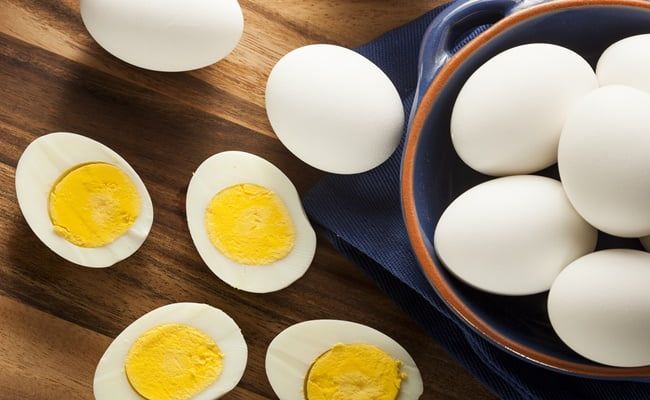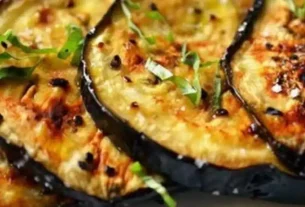Cooking eggs is one of the easiest tasks in the kitchen, but do you know the correct cooking time to reach the desired consistency?
The egg is one of the most basic ingredients in the kitchen. It can be used in thousands of different recipes, in addition to being the easiest to obtain. However, despite the ease and speed of preparation, many people get frustrated when they miss the perfect cooking point. With the right tips, it is even possible to prevent the shell from cracking while the food boils.
To cook an egg, you won't need anything other than water and the egg. The secret to reaching the desired doneness, however, is timing the cooking time, as well as preventing the most common mistakes from being made. As long as you learn the exact method of preparation, cooking eggs is guaranteed to never go wrong again.
You can check below tips for getting the cooking right, as well as the exact fail-safe preparation method.
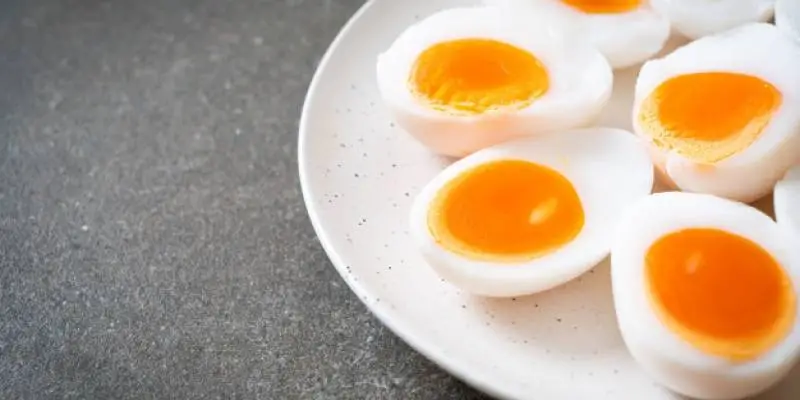
How to cook eggs
For the egg to cook as expected and the yolk to be exactly as you want, you need to get the cooking time right. Likewise, some precautions must be taken before putting it to boil.
1 – When boiling
The secret to preventing the egg from cracking while boiling is to place it in the water while it is still at room temperature, without getting hot. The temperature shock is what causes your egg to crack, in addition to the white ending up leaking in the process. Therefore, it is necessary to place the egg at the bottom of the pan or mug you want to boil, covering it with water up to two fingers above the ingredient. Then, yes, you can put it on fire.
Another possible alternative is to add lemon broth to the water while it boils and make a small needle hole in the base of the egg before placing it in the water, very gently. Thus, cracks can be avoided in the same way.
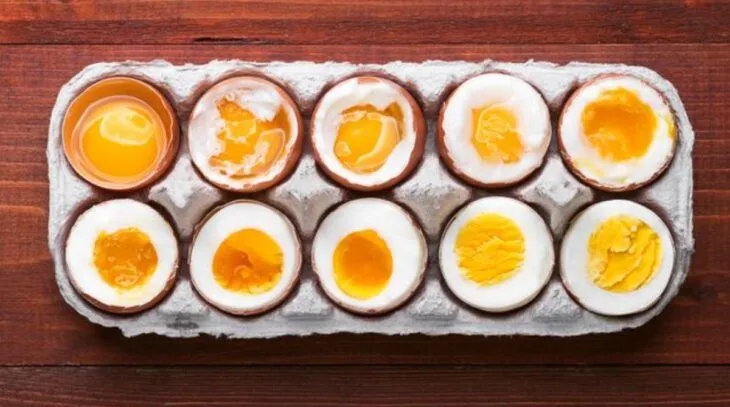
2 – Seasoning in water
Did you know that eggshells are porous? In this sense, adding salt to the water can make the egg white salty, helping when seasoning the food. Furthermore, adding a few drops of vinegar to the water helps the egg white to coagulate faster, avoiding waste if the shell cracks. A few drops of lemon work the same way.
3 – After cooking the egg
After reaching the desired cooking time, it is recommended to remove the eggs from the water with a slotted spoon, immediately placing them under cold water. The temperature shock will allow the internal cooking of the egg to be interrupted.
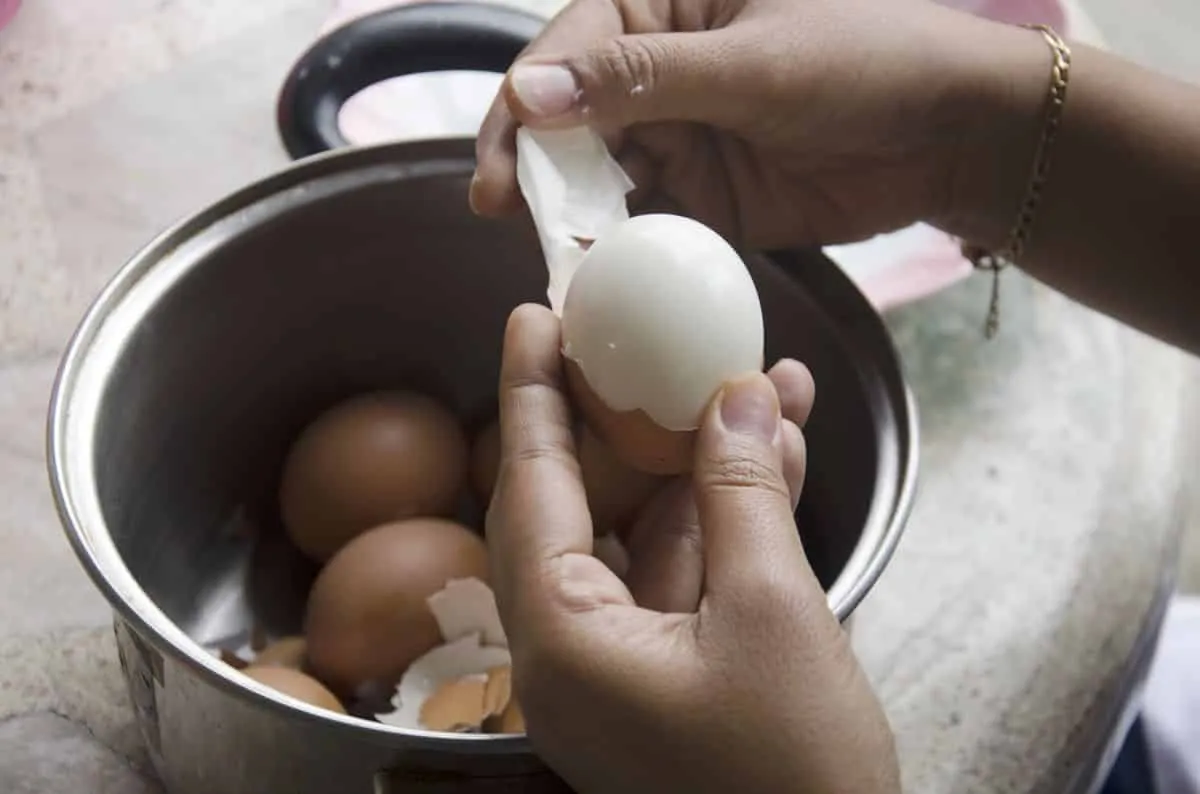
4 – Different cooking times
Everyone has their preferences when it comes to cooking eggs, and they can choose between soft, creamy or well-cooked yolks. For the cooked yolk, the egg must boil between 12 and 15 minutes, counting from the moment the water started to boil, and not from the moment the food was added to the pan. For the creamy yolk, 6 or 7 minutes will do. For a very soft yolk, 5 minutes is enough. Despite this, it is important not to let the eggs cook for more than 15 minutes, as they will turn blue and lose their pleasant taste.
5 – Storage
First of all, you need to remember that only eggs cooked for more than 12 minutes can be stored in the refrigerator, with the yolk extremely firm. Eggs can last up to 2 days in tightly closed jars, and when peeled, they must be stored in filtered water. Because food has a strong smell that permeates the environment, it is important to store it in the most sealed packaging possible.
How to prepare the boiled egg
Now that you know all the tips for preserving the taste, texture and consistency of the egg, check out the step-by-step guide to preparing cooked food without it being raw or overcooking.
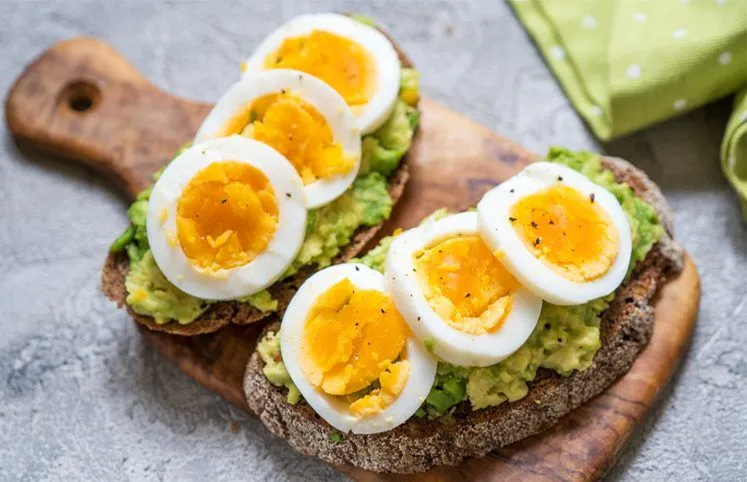
In a small pan or mug suitable for use on the stove, place the eggs at the bottom of the container and cover them up to two fingers above their length, turning on medium heat. If you want to boil the water first, place the eggs into the pan using a spoon, as gently as possible. If necessary, add lemon broth to the water to prevent the skin from cracking or piercing the base with a needle.
Then count the minutes. Remember that the cooking time for soft yolks is 5 minutes, creamy ones 6 to 8 and well-cooked yolks 12 to 15.
Finally, using a spoon or slotted spoon, remove the eggs from the pan and immerse them in a bowl of cold water, or leave them under running tap water to stop the cooking process. When peeling, tap the skin gently with a spoon to crack the coating and be careful not to tear off pieces of the egg white in the process. Now just season and serve!
Sources: Panelinha, Pricelândia, Tudo Gostoso
Images: Metro, Xtudo Recipes, Receiteria, Tudo Gostoso, Casbri

